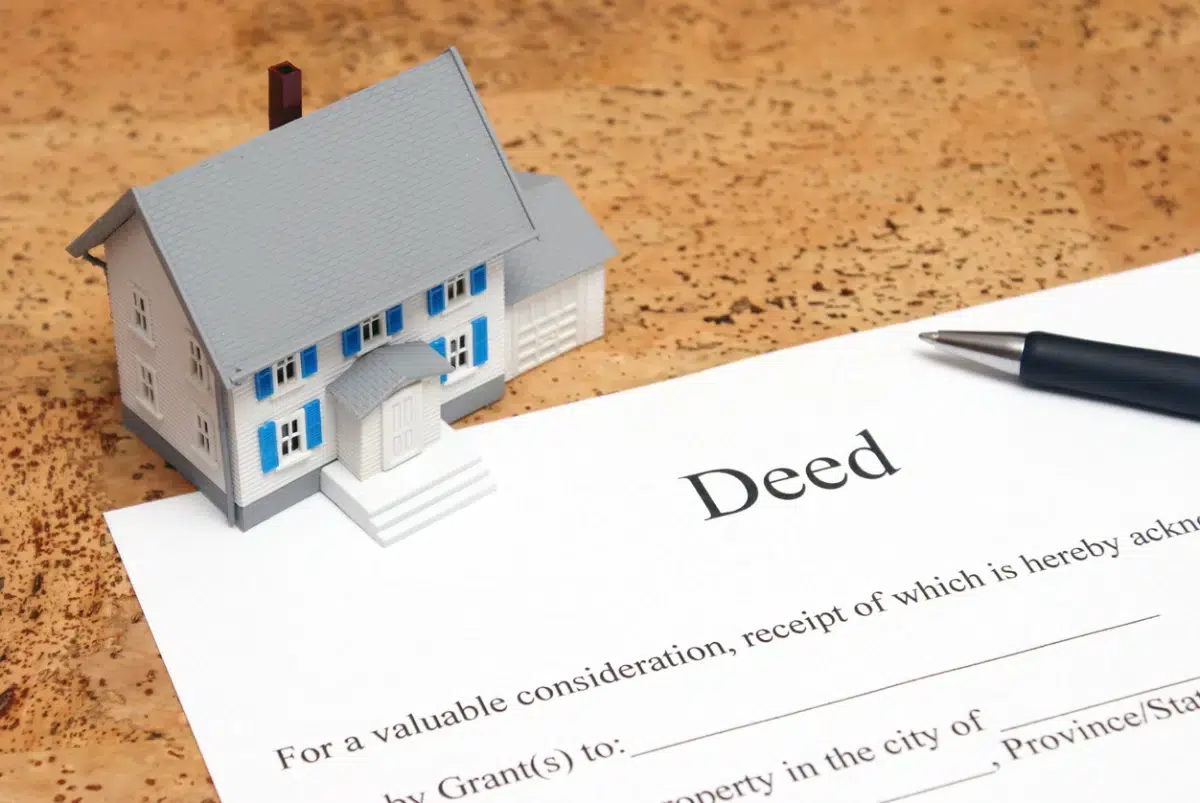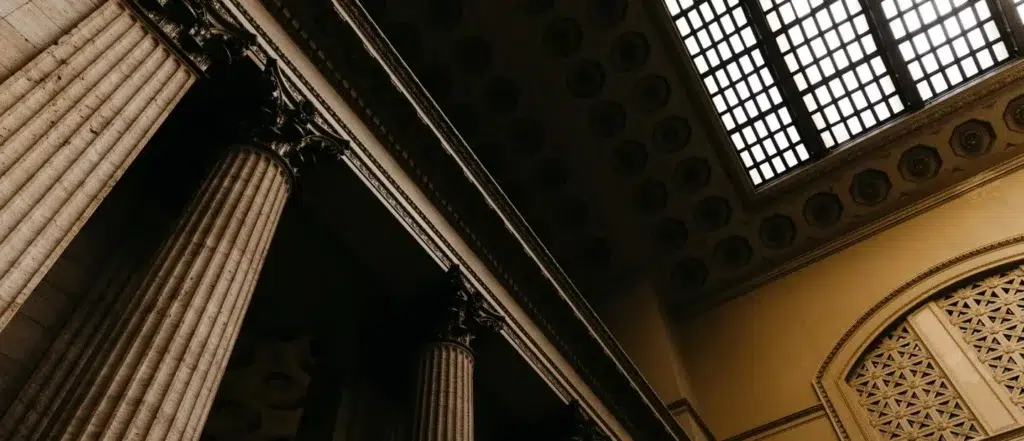Lady Bird deeds, also known as enhanced life estate deeds, aren’t available in every state. Fortunately, Texas is one of just a few states that offer this option to homeowners.
When you have a Lady Bird deed, you own and maintain complete control of your home up until the moment of your death. At that point, the home passes to your chosen heir.
If you’re a homeowner creating an estate plan, a Lady Bird deed might prove to be a useful option. It simplifies the process of passing down your home, protects it from Medicaid recovery, and keeps your heirs from having to go through probate.
Enhanced life estate deeds have a lot to recommend them, but they may not be the right option for everyone. An experienced estate planning lawyer in Texas can help you make a decision, but first, take a moment to learn how Lady Bird deeds work.
How Lady Bird Deeds Function: The Legal Mechanics
An enhanced life estate deed shares some similarities with traditional life estate deeds. However, as the “enhanced” in the name suggests, this type of deed offers homeowners advantages that a traditional life estate deed simply can’t.
Both types of deeds involve two primary parties:
- Life Tenant (or Grantor or Life Estate Holder): The current homeowner and creator of the deed
- Beneficiary (or Grantee or Remainder Interest): The heir who inherits the home after the life tenant’s death
With a traditional life estate deed, the homeowner chooses an heir to receive the home after their death. After the creation of the deed, the homeowner may still live in the home, but they no longer have full control of it.
For instance, if the homeowner wants to sell or refinance, they may not do so without the beneficiary’s consent. The homeowner also may not cancel or modify the deed without the agreement of the beneficiary.
If you’re comparing a Lady Bird deed vs. traditional life estate deed, it’s important to note that the former grants the homeowner greater control over their homes.
After the deed has been created, the homeowner retains sole decision-making authority over the home. This means they can sell, refinance, or make renovations without the beneficiary’s consent. They’re also free to modify or cancel the deed at any time.
How Lady Bird Deeds Function After the Homeowner’s Death
Many homeowners are curious about how to avoid probate with a Lady Bird deed. This benefit is built into the process itself. After the homeowner’s death, the property transfers automatically to the beneficiary, bypassing the probate process entirely. Probate can be lengthy, expensive, and public, so avoiding it is a significant advantage.
However, skipping probate isn’t the only benefit. The tax implications of Lady Bird deeds can also be advantageous. When a home has a Lady Bird deed, it’s technically no longer part of the homeowner’s estate and therefore isn’t subject to estate tax.
Lastly, a Lady Bird deed can protect the home from the Medicaid Estate Recovery Program (MERP). If you receive long-term Medicaid benefits during your lifetime, the MERP may try to recover what it spent from your estate after your death.
Texas only allows Medicaid to claw back funds if your home goes through probate. Because a Lady Bird deed keeps your home out of probate, it also protects it from being taken away from your beneficiary.
Practical Use of Lady Bird Deeds in Texas Estate Plans
The Lady Bird deed is an incredibly useful estate planning tool. In many cases, it can help you accomplish multiple estate planning goals at once, including the following:
Ensuring That You Have Financial Freedom and a Place to Live
With an enhanced life estate deed, the grantor retains complete control of the property. If you don’t anticipate needing to sell the home, refinance it, or change the deed, this might not seem like much of a concern.
However, financial situations can change unexpectedly. If you end up needing to refinance your home or sell it due to economic hardship, the fact that you’re able to retain control of the home will become very important.
Passing Your Home to the Next Generation
Lady Bird deeds make it incredibly simple to transfer property after the owner’s death. If you want to ensure that your loved ones can skip probate proceedings and have a place to live immediately after your death, a Lady Bird deed makes it possible.
Providing Medicaid Planning Advantages
Creating a Lady Bird deed won’t necessarily help you establish Medicaid eligibility on its own. However, if you think there’s a reasonable likelihood that you’ll be a Medicaid recipient, it’s a good idea to start Medicaid planning with Lady Bird deed in TX. A Lady Bird deed can prevent Medicaid from seizing your home after your death.
Reaping Tax Benefits
Texas doesn’t have its own estate tax. However, if your estate is substantial enough that you have property subject to federal estate taxes, your heirs could be stuck paying up to a 40% estate tax rate.
The IRS characterizes the estate tax as a tax on the right to transfer property. Lady Bird deeds let you transfer your home without having to worry about estate or gift tax.
Critical Considerations Before Signing a Lady Bird Deed
Before you notarize your Lady Bird deed and file it with the county clerk’s office, it’s important to ask yourself some questions to determine whether this estate planning tool is the right option for you:
- Have you evaluated alternative tools for estate planning?
- Have you determined that the advantages of a Lady Bird deed outweigh the drawbacks?
- Is your intended beneficiary in agreement?
It’s also important to consider the possibility of increased property taxes for your heirs. In some cases, a home with a Lady Bird deed may be reassessed after the grantor’s death. A reassessment could lead to increased property taxes, and these tax implications could pose a problem depending on your beneficiary’s financial situation.
Title Insurance and Real Estate Protection With Lady Bird Deeds
If your designated beneficiary intends to remain in the home for the foreseeable future, dealing with title insurance companies may not be much of a concern. However, if you think your heirs might want to sell the home shortly after moving in, this is a drawback worth considering.
Title insurance becomes necessary during the sale of real property. However, many title insurance companies are hesitant to insure properties with Lady Bird deeds. Sometimes, these deeds can lead to ownership disputes, and insurance companies don’t want to risk losing money.
When Lady Bird Deeds Might Not Be the Best Fit
The ability to bypass probate, avoid estate recovery, and simplify the process of transferring property ownership makes the prospect of an enhanced life estate deed in Texas appealing to many. However, there are also many situations where Lady Bird deeds may be less than ideal, including the following circumstances:
You Anticipate Selling Your Home in the Near Future
Once you create a Lady Bird deed, you still retain the right to sell or refinance your home. However, these deeds aren’t transferable. If you sell your current home and buy another, you can’t simply apply the same deed to the new home. You’ll need to create another deed instead.
You Anticipate Beneficiary Disputes
Homeowners with multiple adult children will often choose to leave their homes to their kids. When the children are in agreement as to how they’ll use the property, this can be a great arrangement. However, in many cases, the beneficiaries can’t agree on what to do with the home. If you think this might happen, it may be worth considering other estate planning tools.
Protection From Creditors Is Paramount
Does a Lady Bird deed protect your home from creditors? The answer is yes, but the protection isn’t absolute. If you’re a Medicaid recipient, a Lady Bird deed might protect your home from estate recovery. However, while Lady Bird deeds offer some protection from creditors, they aren’t foolproof.
For example, imagine you have a severely delinquent debt, and a creditor places a lien on your home. Even if you have a Lady Bird deed, the lien will likely remain on the home after your death.
When this happens, your heirs may unexpectedly inherit a home with a lien attached. Although the creditor likely won’t try to foreclose on the house to receive payment, your heirs will generally need to pay the lien when the home is sold.
Why Legal Guidance Is Essential for Lady Bird Deeds
Who should use a Lady Bird deed in Texas? There’s no cut-and-dried answer, but an attorney can help you decide whether this is a good option for you.
Each person has unique estate planning needs, and a Lady Bird deed might not be ideal for everyone. An experienced estate planning attorney can help you take a detailed look at your current situation and goals and create a customized plan.
Even if you fully understand how Lady Bird deeds work and have determined this is the right option, working with a lawyer is still essential. The language used in both standard life estate deeds and Lady Bird deeds is highly specific, and if the deed isn’t correctly formatted, it may lead to legal challenges down the road.
Your lawyer can help you understand how to file a Lady Bird deed in Texas and reduce your risk of future problems.
Work With a Qualified Lady Bird Deed Attorney in Texas
The benefits of a Lady Bird deed in Texas can be tremendous under the right circumstances. You gain the peace of mind that comes with knowing that your loved ones will receive your home right after your death, but you also don’t have to give up control of your home while you’re living.
Like any estate planning decision, the decision to create a Lady Bird deed isn’t one that should be taken lightly. Hunter Sargent, PLLC, has helped countless Texas homeowners determine whether an enhanced life estate deed is the right choice for their families.
If you’re looking for a Lady Bird or transfer-on-death deed attorney in TX, we’re here for you. We believe in the importance of customized estate planning solutions, and we’re ready to help you understand how Lady Bird deeds work and create your legacy. Contact us today to schedule your consultation.



